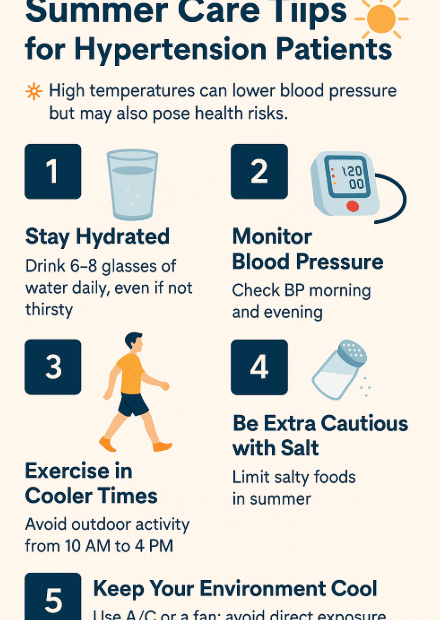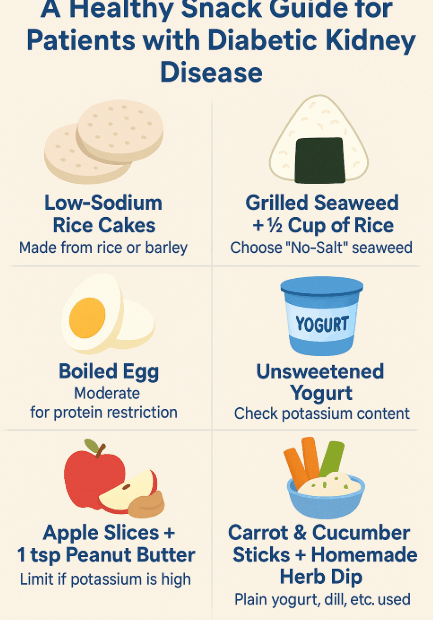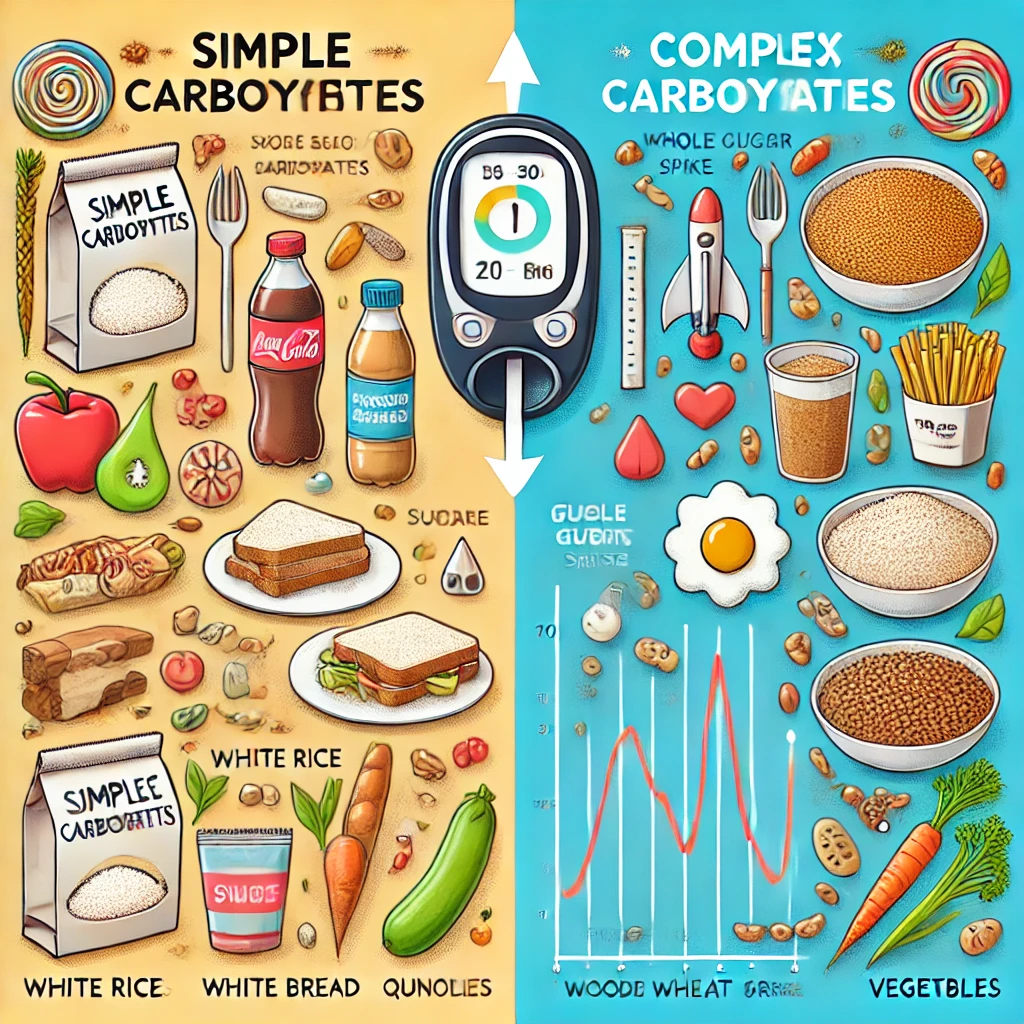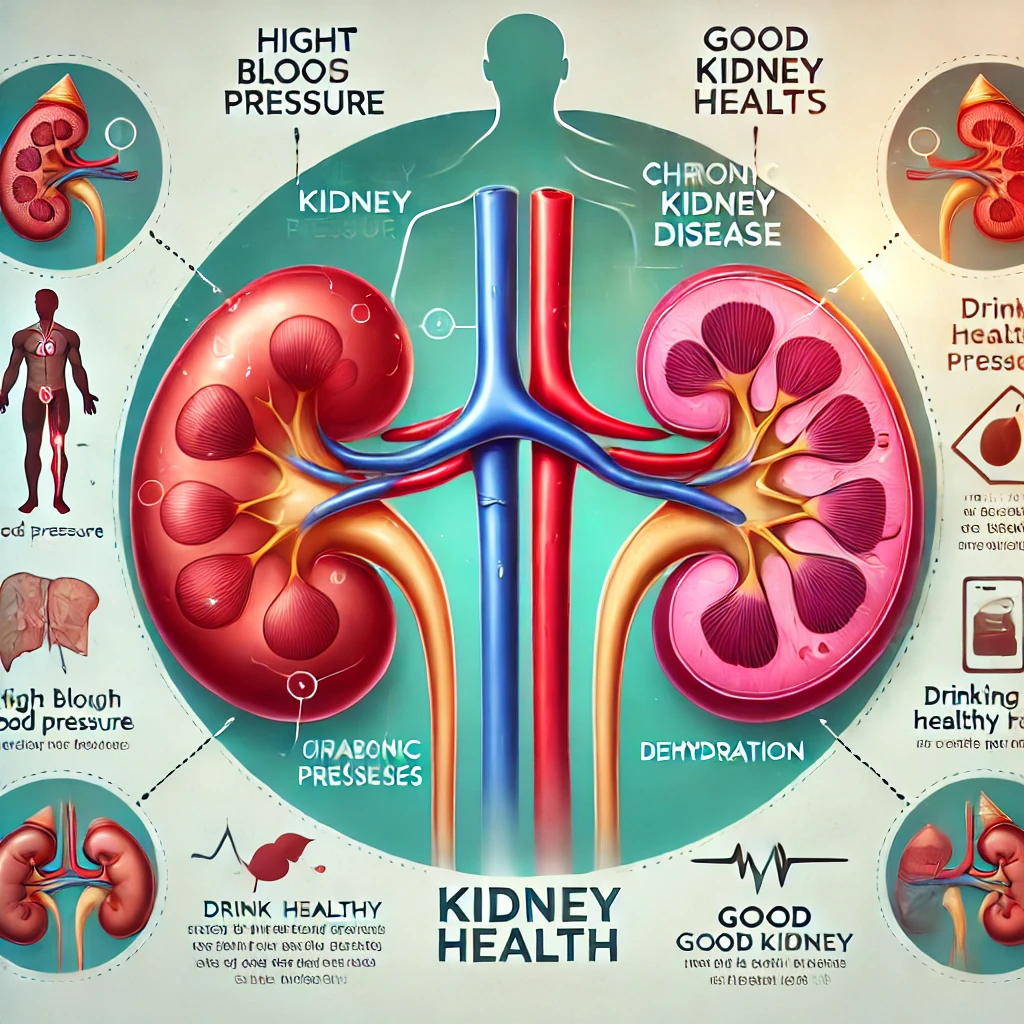How Should Hypertension Patients Take Care of Themselves in Summer?
☀️ Why Is Summer Potentially Risky for Hypertensive Patients? In the summer, high temperatures cause blood vessels to dilate and increase perspiration, which often leads to lower blood pressure. However, for people with hypertension, this… How Should Hypertension Patients Take Care of Themselves in Summer?








